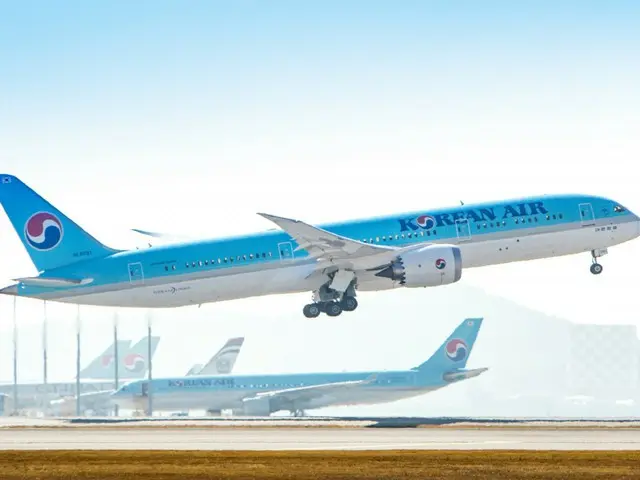This is because the company approved a blank business combination with conditions. The birth of the world's 10th largest "Mega Carrier" airline is approaching, and tectonic changes in the airline industry are attracting attention.
are gathering. If Korean Air and Asiana Airlines merge, their future status can be estimated based on the indicators published by the International Air Transport Association (IATA)'s World Air Transport Statistics (WATS).
. However, IATA has been publishing airline transport performance through the WATS report every year, but it has not released rankings since 2020 when the COVID-19 virus pandemic began.
stomach. Therefore, when compared on the basis of 2019 revenue passenger kilometers (RPK - the number of revenue passengers per aircraft multiplied by the flight distance expressed in kilometers), the World Aviation Association
Korean Air was ranked 28th (83 billion kilometers) and Asiana Airlines was 42nd (46.9 billion kilometers).
With a combined total of 129.9 billion kilometers, Latam Airlines is the largest in South America and ranks 15th.
122 billion kilometers). Based on international passenger RPK standards, Korean Air ranks 18th and Asiana Airlines ranks 32nd, which puts the two companies together just below American Airlines, which ranks 10th.
In terms of cargo ton kilometers (CTK - cargo transport weight multiplied by flight distance), Korean Air ranks 6th (7.412 billion km), while Asiana Airlines ranks 2nd.
It was 5th place (3.567 billion km). In terms of cargo weight, Korean Air ranks 7th (1.435 million tons) and Asiana Airlines ranks 15th (881,000 tons).
Based on 2019 sales standards, Korean Air's sales amounted to 12.3 trillion won (approximately 1.38 trillion yen) and Asiana Airlines' sales amounted to 6 trillion won (approximately 670 billion yen), which amounts to 20 trillion won.
(approximately 2.24 trillion yen). Some believe that the combined sales of the two companies will reach the mid-20 trillion won range based on last year.
Meanwhile, changes are expected in the Korean aviation market. Korean Air and Asiana Airlines
The merger is expected to attract more connecting passengers to Incheon International Airport, South Korea's hub airport, and strengthen its influence in the global aviation market. As of last month, Korean Air's passenger system at Incheon Airport
22.6% and Asiana Airlines 13.3%. Global mega carriers Delta Airlines (Atlanta, USA), Air France (Paris, France), Lufthan
Companies such as The Airlines (Frankfurt, Germany) account for more than 50% of passenger operations at major airports in their home countries, and are expanding their market influence by attracting connecting passengers.
In addition, by integrating Korean Air's aviation maintenance (MRO) system with Asiana Airlines, it is expected that costs will be reduced and safety will be improved.
. Currently, Asiana Airlines handles only light maintenance on its own domestically, while heavy maintenance is carried out overseas. In addition, we have integrated training for flight attendants, flight attendants, etc., eliminating the need for duplication on long-distance routes such as the United States and Europe.
Profitability can be improved while diversifying routes. However, the fact that Korean Air will be burdened with Asiana Airlines' debt through the business combination is a burden. Third quarter of last year (July-September)
) standard, Asiana Airlines' total debt on a consolidated basis amounts to 12,656.8 billion won (debt ratio 2121%). There will also be opposition from Asiana Airlines employees who are concerned about changes in wages and treatment after the merger.
This will hinder the merger process. If the acquisition is ultimately successful, it will be the first time in 36 years that the two-major airline system that was formed with the founding of Asiana Airlines in 1988 will come to an end.
2024/02/14 05:59 KST
Copyrights(C) Herald wowkorea.jp 104

